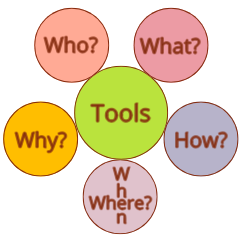Lifeworlds 2nd draft
Lifeworlds 2nd draft
A question File:ToStudy.png
What's talk about lifeworlds all about? We might start with a definition — "life-world n. . . . the sum of immediate experiences, activities, and contacts that make up the world of an individual, or of a corporate, life; spec. in the philosophy of Husserl." Should we settle down for the next two years with Edmund Husserl's writings? That might be murky. Can we make sense of it ourselves? Life-world indicates the sum of immediate experiences, activities, and contacts that make up the world of my individual life. How does that definition apply to each of us as living persons?
To begin, we might then ask which of our experiences, activities, and contacts qualify as immediate? Is sister Suzie in, but second-cousin Caroline out? That's not what immediate means here, but what distinction does it intended? Might it be to distinguish the lived experiencing, acting, and contacting, the existential actuality of living it all, from all the after-the-fact words and concepts that mediate our talking about those lived actualities? Ironically, understood this way, immediate mediates the lived experience to make it fit into the abstract definition. But then how can and should we sum all that mediated immediacy into some individual or corporate composite — the world of a life? How do those substantiations make up the world of a life?
OK. Perhaps beginning with a definition wasn't such a hot idea. Can we start in a different way? Maybe understanding a word isn't the same as knowing its formal definition. Perhaps people use particular words and constructions to nudge those hearing or reading them into understanding and reacting to what they want others to grasp. Might we think that in use, words express purposes, not definitions? What might the purpose have been for people to start using the term lifeworld in speech and writing? If the purpose associated with the uses of lifeworld was simply to convey the informational content of its definition, why wouldn't people simply say, "In the course of living a person has experiences, activities, and contacts in the world?" Why would they start this combination, lifeworld?
Another question File:ToStudy.png
Hey! Don't leave us with a question we can't answer! We're not professional lexicographers.




